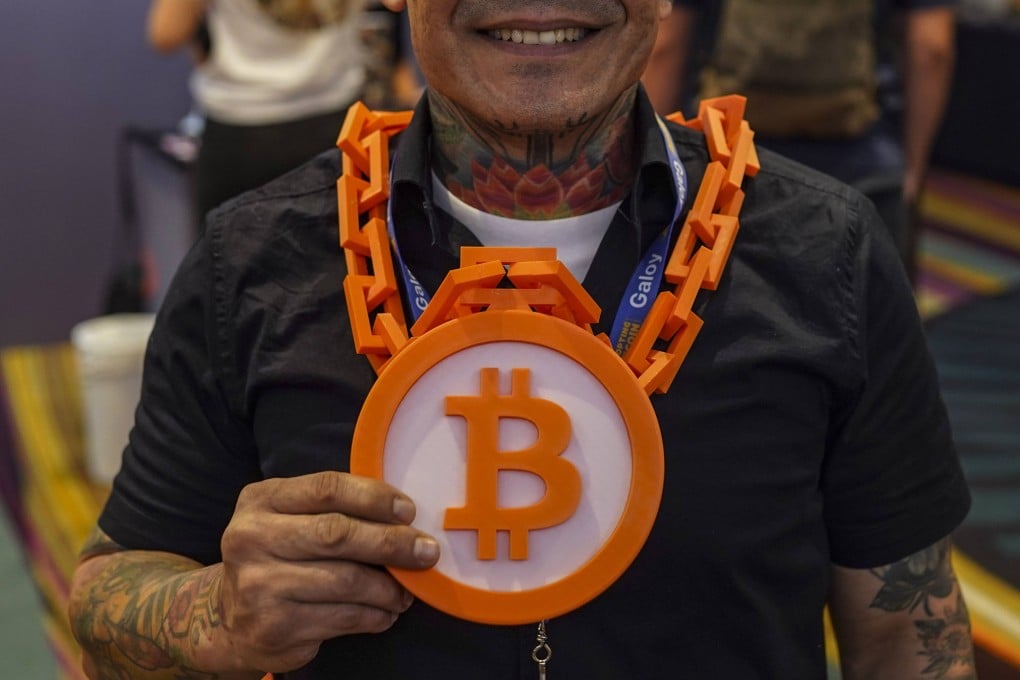Advertisement
Opinion | Asia is dethroning US as hub of cryptocurrency and blockchain innovation
- As the US continues to send mixed signals to the cryptocurrency industry, the choice for blockchain developers is increasingly to move operations into friendlier countries in the Asia-Pacific, turning the region into a centre of innovation
Reading Time:3 minutes
Why you can trust SCMP

The home of the cryptocurrency and blockchain industry has been a topic of debate ever since the bull market faded and the bear took its place. The cryptocurrency industry has been, and continues to be, one of the most innovative developments of the 21st century.
Amid the technological advancement of the industry, countries and their regulators need to speed up the development of frameworks that will allow the industry to flourish. Recent regulatory developments within Asia – specifically in Hong Kong and Singapore – coupled with developer talent and an appetite for investment have positioned the region as a global hub for blockchain.
The United States has historically been the global leader in innovation. The country’s innovation ecosystem was unrivalled globally, but blockchain technology has bucked this trend.
Advertisement
In March, the Securities and Exchange Commission (SEC) sent an official warning to Coinbase, alleging violations of federal securities laws over the offering of unregistered securities. Days later, the Commodity Futures and Trading Commission filed a complaint against Binance, also over unregistered securities.
Across the industry, there is a need for clarity around cryptocurrency regulation. This is in large part because US government officials themselves seemingly cannot decide how the space should be regulated, leaving key players in a constant state of limbo.
Advertisement
The shifting regulatory landscape around cryptocurrency has frustrated developers, who are unsure what to expect from regulators. A proposed bill in the US House of Representatives seeks to create a centralised record of all off-chain cryptocurrency transactions where regulators can access all activity.
Advertisement
Select Voice
Select Speed
1.00x
.jpeg?itok=-ybxxA1t&v=1699939459)